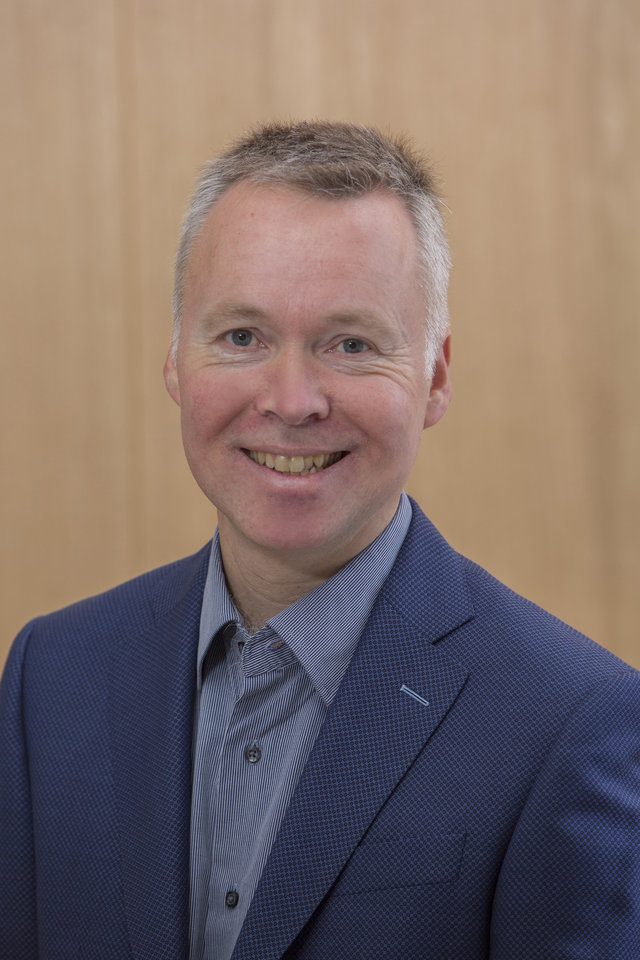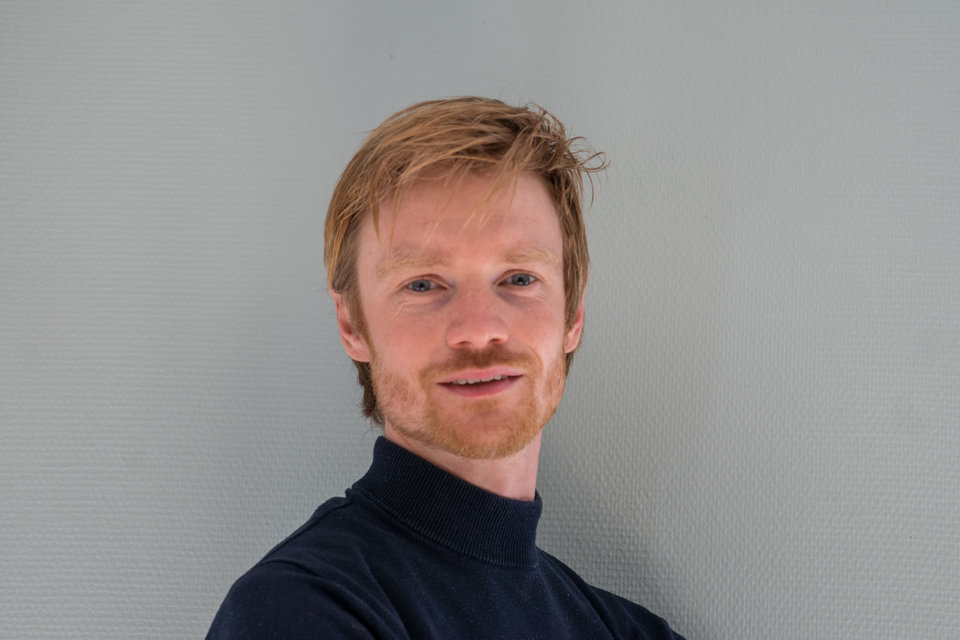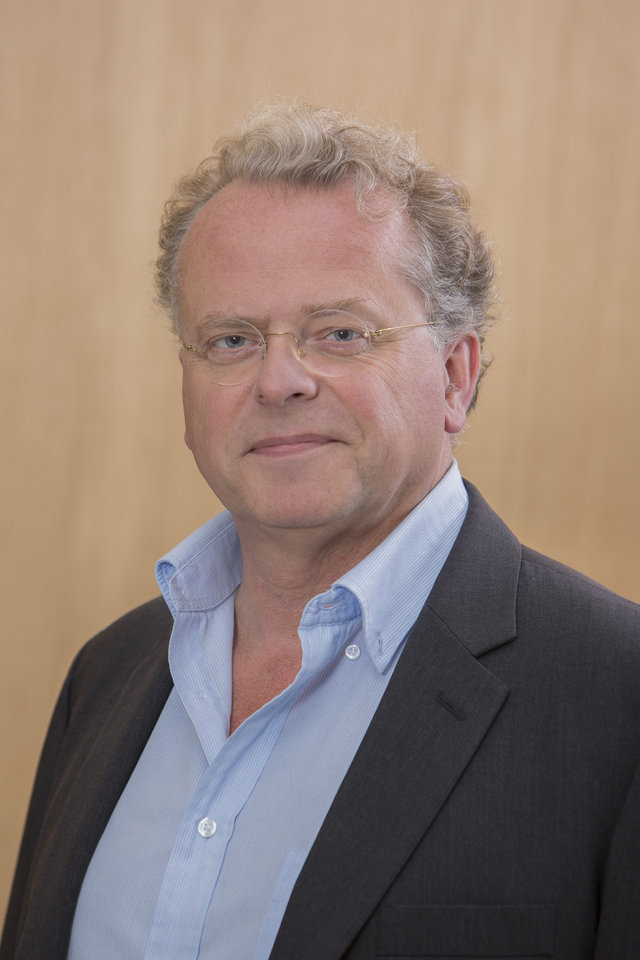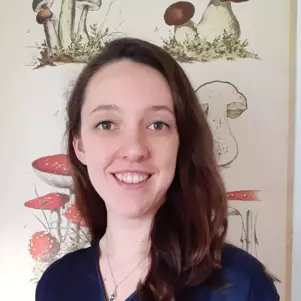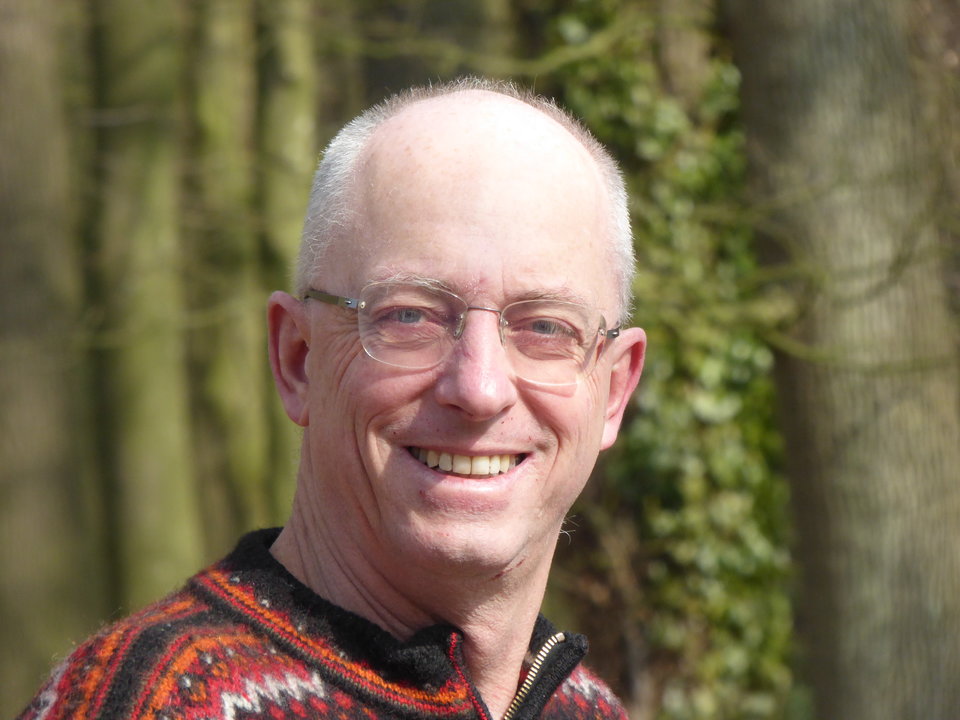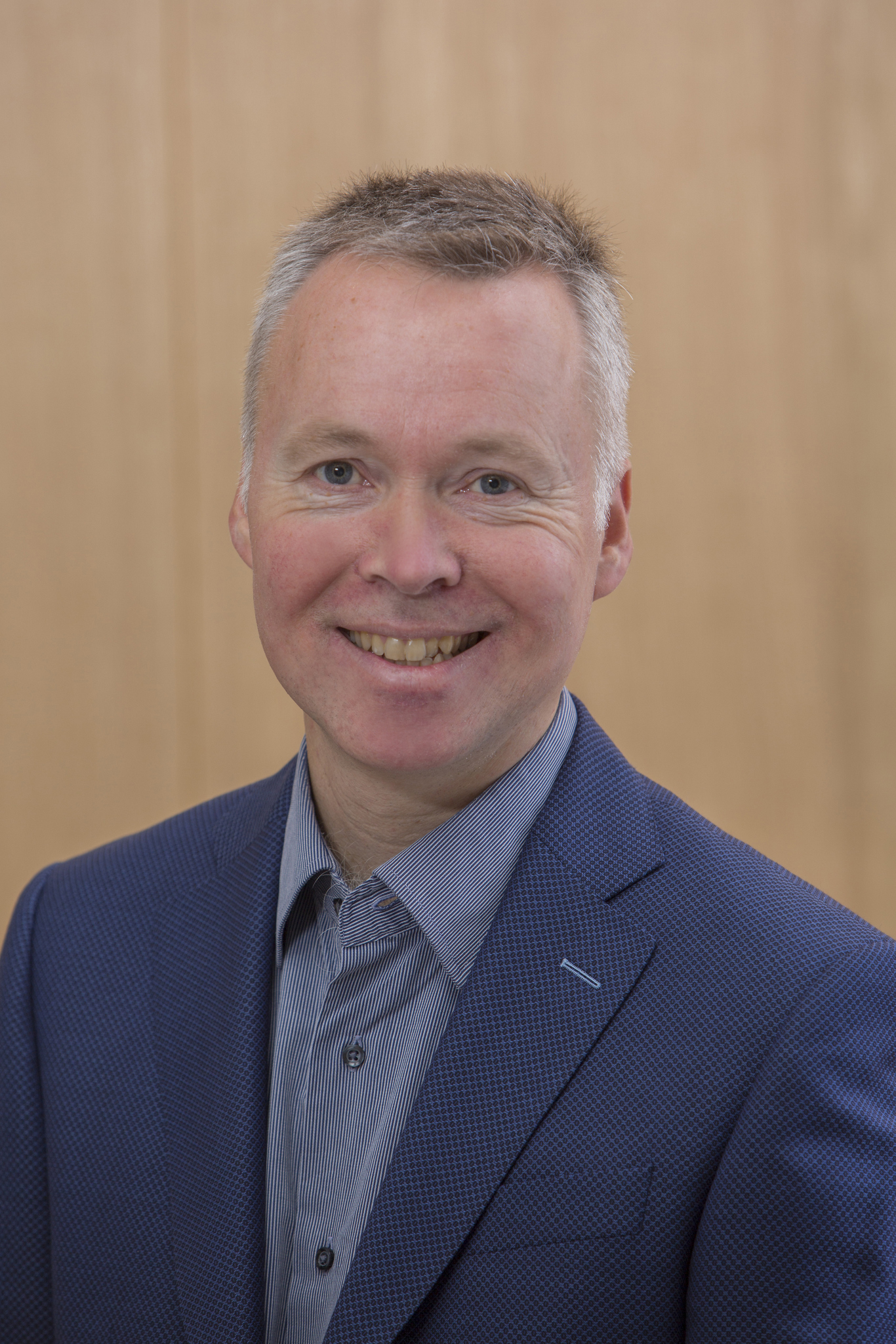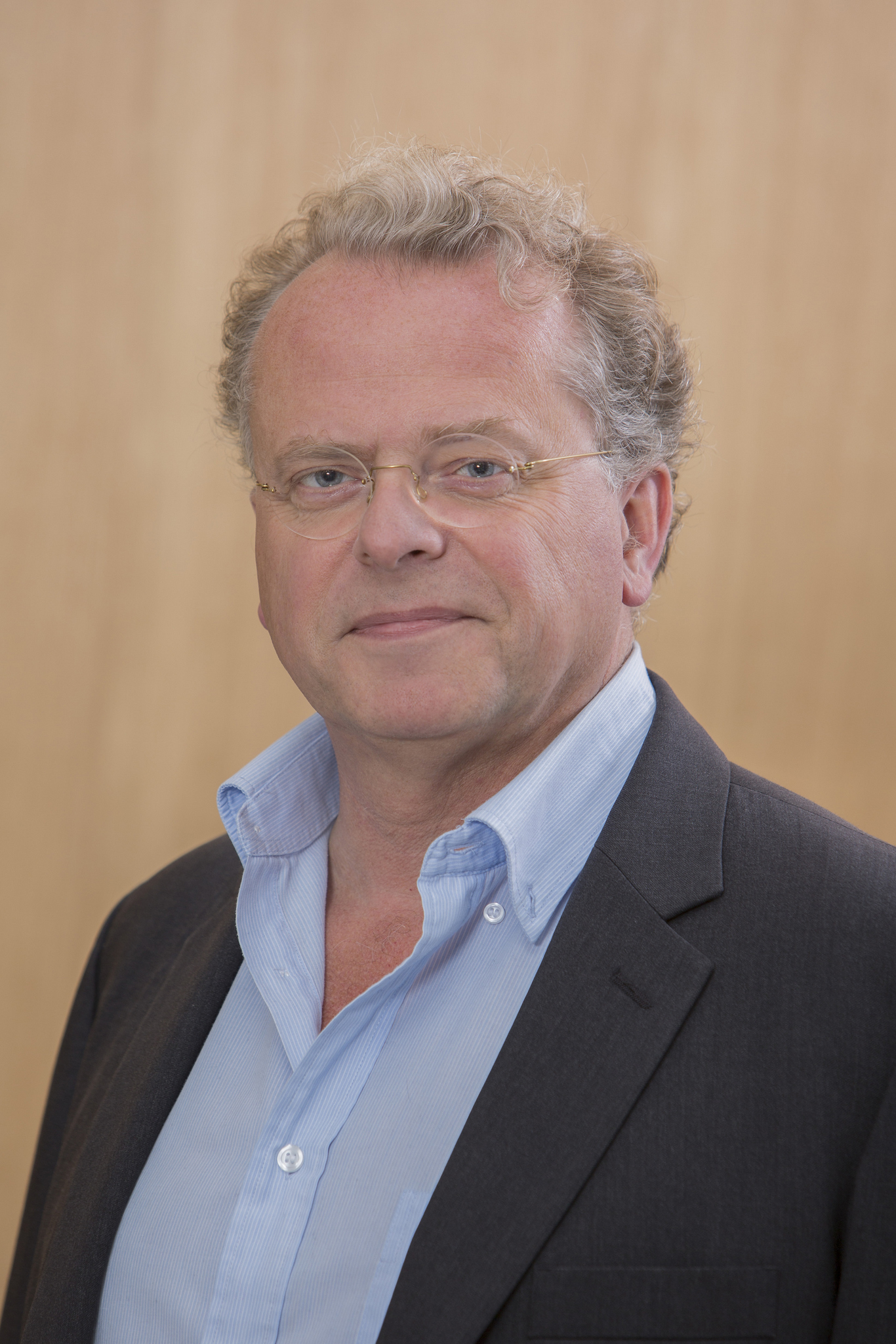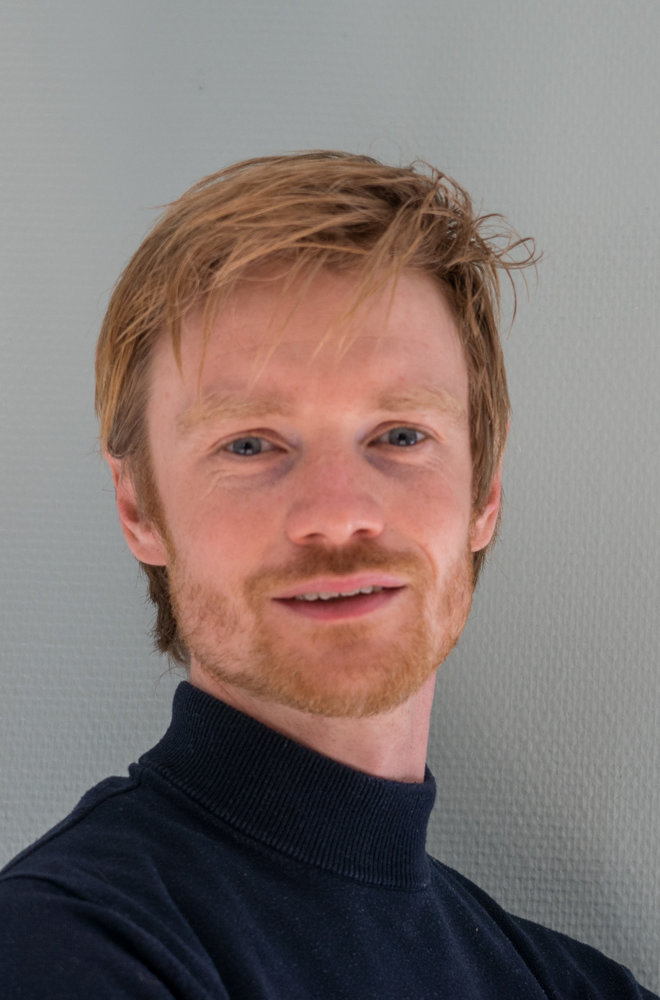Academic Staff
Marcel Ottens
As Program Director of the Bioprocess Engineering EngD post master’s program, I can highly recommend this two years program to both ambitious bio chemical engineering Masters students and the Biotech industry.
Students can boost their career by following broadening and deepening courses in the area of bio process design in close relation to industry.
An Individual Design Project at a Biotech company in the final year, makes you a valuable asset for Biotech industry by translating academic knowledge into industrial application.
Luuk van der Wielen
Prof.dr.ir. Luuk van der Wielen, chairman of the Exam Committee for EngD in ‘Designer in Bioprocess Engineering’, is extremely proud of his trainees: ‘The world’s crème-de-la-crème come to Delft to hone their design skills with our two-year postgraduate programme.’ The course objective is to offer students with an MSc the chance to gain further industry experience.
‘We teach our EngD students to translate new concepts from research into new processes in industry,’ explains Prof. van der Wielen. ‘They examine the existing basic knowledge and try to identify bottlenecks in the practical implementation of certain techniques. The programme thereby makes a tangible contribution to industrial innovations.’
Specialization Course in Design Skills
Prof. van der Wielen explains how industry and universities of technology came together in the 80’s to set up the first EngD programmes. Their objective was to give engineers the opportunity to gain more design experience with larger projects. Other Delft EngD courses include Chemical Product Design and Process and Equipment Design. ‘Most of the projects take place within a company. The first year consists of a specialized course component and a group project. In the second year, the students work on their own individual projects within a company.’
What makes this programme so unique, according to Prof. Van der Wielen, is the international influx of highly motivated people from very diverse backgrounds. This enables the university to supply the job market with trained specialists whose skills are greatly sought after in the industry. Only the best are accepted: more than ninety percent do not make it through the selection process. ‘We like to keep the groups small because of the intense student supervision we provide.’
Mark van Loosdrecht
Having been involved in the scale-up of several processes from laboratory experiments to full scale implementation, I am well aware on the complexity of such a process. Anammox. Nereda, Kaumera, PHA production.
The drive towards a circular biobased society requires process engineers that can evaluate and implement ideas for new processes derived from laboratory research into full scale processes. These are exactly the skills that are learned in the EngD education. Learning at the interface of academia and industry makes the course unique in the world and well preparing for industrial careers.
Cees Haringa
The EngD program offers a distinctive combination of theoretical knowledge and practical expertise. Being active as a teacher in several courses that are frequently taken by EngD trainees, as well as an academic supervisor for individual and group design projects, I have the pleasure of engaging with the EngD program in all of its aspects. The enthusiasm and skill of the trainees is evident in all of these situations. My experience is that, within their projects, trainees get up to speed with the project material very quickly, facilitated by their physical placement at the project sponsor which allows them to interact with their corporate peers as colleagues. That this setting leads to creative insights and interesting modelling approaches is clear for me as a supervisor in the engaging discussions that I have with trainees; the value of their contributions is perhaps even better illustrated by the notion that frequently trainees are employed by their hosts after they finish the EngD trajectory.
All in all, the EngD program a offers unique opportunity to both trainees and their sponsors; for companies, it’s a great way to tackle engineering challenges, get new insights on problems, and to meet prospective employees. For the trainees, it’s a great opportunity to deepen their engineering- and modeling knowledge, and to hone their skills in an engaging practical setting.
Marieke Klijn
The EngD program combines talent with education and experience. As a teacher I see the EngD trainees as motivated and engaged, and as a scientific advisor during the group and individual projects in industry, I appreciate their hard work and innovative solutions. The program is set up to further develop trainees a bioengineers, it allows companies to create impact by finding solutions to real-life problems, and the close interaction with academia facilitated access to the newest scientific insights. I see this program as a connector between talent, industry and academia that creates value for all parties involved.
